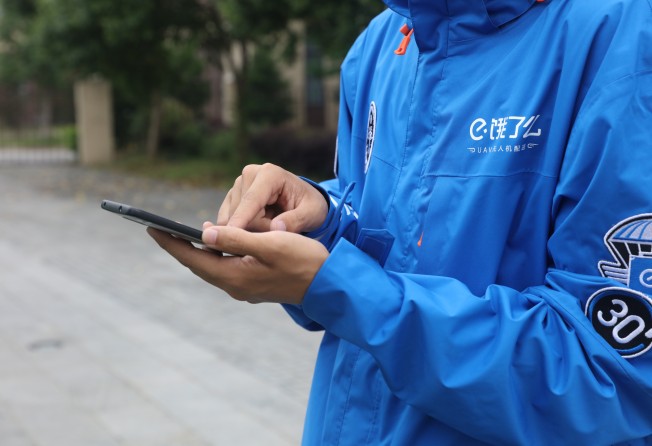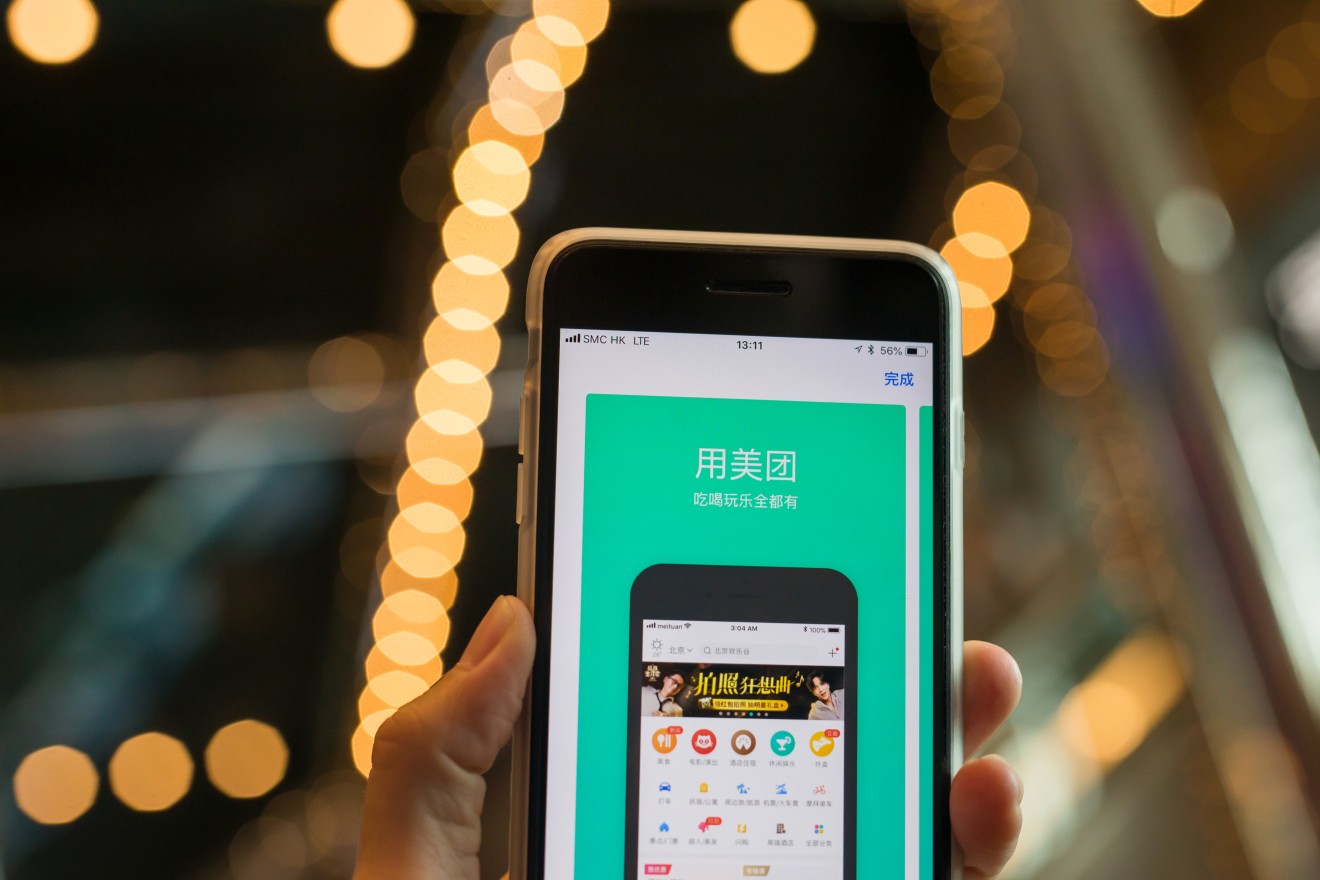Are food delivery apps listening to you? Chinese users think their apps are spying on them
Suspicious users are pointing the finger at Ele.me and Meituan, but is it any different to the paranoia over Facebook and Google in the West?

Some people seem convinced that their smartphone apps are eavesdropping on their conversations… even when these conversations are about something as boring as food.
A recent investigation from a Chinese state media outlet decided to test a rumor: Are food delivery apps stalking users through smartphone microphones to find out what they want to eat? Their results sparked uneasiness among social media users.
Between November 2018 and March 2019, IT Times simulated conversations about food in the presence of phones that had two big food delivery apps installed: Alibaba-owned Ele.me and Meituan.
(Abacus is a unit of the South China Morning Post, which is owned by Alibaba.)
Reporters tested both Android and iPhone handsets and found that the probability of getting relevant app recommendations was as high as 60-70%. For instance, two reporters noticed that after chatting about eating Japanese food, the app would “suddenly“ suggest a Japanese restaurant.
The evidence may be somewhat tenuous, but it ties into a common fear that smartphone users around the world have had for some time now.
Western smartphone users have long voiced their suspicion that their smartphones are listening to them. People have shared stories about conversations involving hot tubs that suspiciously resulted in ads about saunas. Or loud ice cream cravings that ended up with stumbling across an ice cream recipe in their social media feed. Facebook, in particular, is often accused of listening to users to generate ads, with little hard evidence other than spooky coincidences spotted by users.

Facebook and Google have both vehemently denied using cellphone microphones to collect information for ads. Former Facebook operations manager Sandy Parakilas explained in an interview for CBS last year why it’s unlikely: Listening in to so many phones would generate too much data to gather and analyze, and continuously sending all that data would result in a noticeable bump in phone bills, according to Parakilas.
Ele.me and Meituan have also denied such claims, with Ele.me saying that their app doesn’t have the capability at all. Meituan said that their app only uses microphones when users authorize and actively initiate voice input in the app.
So is this just an urban legend?
Some experts aren’t so sure. Song Yuhao, who works as a security researcher for Chinese white hat company GeekPwn, said in the report that if an app has access to the microphone, in theory, it can listen in to conversations.
“Technically, it's easy to do it. The problem with audio upload traffic does not exist because the app can convert speech to text locally and then upload it,” GeekPwn told Abacus. But they also noted that just because it’s technically possible, it doesn’t mean it’s actually happening.
But here’s the thing: Even though the report claims it’s too high to be coincidental, they also admitted that the findings could be dismissed as coincidental. And there were many unknowns about their methodology. For instance, after discussing a certain type of food, the reporters didn’t specify whether a restaurant with that food would appear on the top of the list of delivery options or just anywhere on the list. And anyone who’s ever used a food delivery app knows how diverse the choices tend to be. (Trust me, having a Japanese restaurant pop up on a delivery app in China is not uncommon -- I used to order plenty of sushi.)
It’s also difficult to replicate their results, because food delivery apps tend to customize recommendations based on various factors, like age, location and order history.
Still, the suspicion remains. Many Chinese social media users claim that they had similar experiences, including with ecommerce apps like Taobao or news aggregation apps like Jinri Toutiao.
“I broke up with my boyfriend for two months, and when I Taobao and it recommended a self-defense device to me!” wrote one Weibo user responding to the report. “Was Taobao eavesdropping on me that night with my boyfriend?”
It’s understandable that users in China are paranoid about their privacy. In April 2018, it was discovered that Meituan and Ele.me were involved in a massive leak, with consumer data being sold on the online black market.
Just as skepticism towards Facebook continues to exist, it doesn’t look like suspicion towards apps that collect data to make recommendations is likely to slow down any time soon.
For more insights into China tech, sign up for our tech newsletters, subscribe to our Inside China Tech podcast, and download the comprehensive 2019 China Internet Report. Also roam China Tech City, an award-winning interactive digital map at our sister site Abacus.